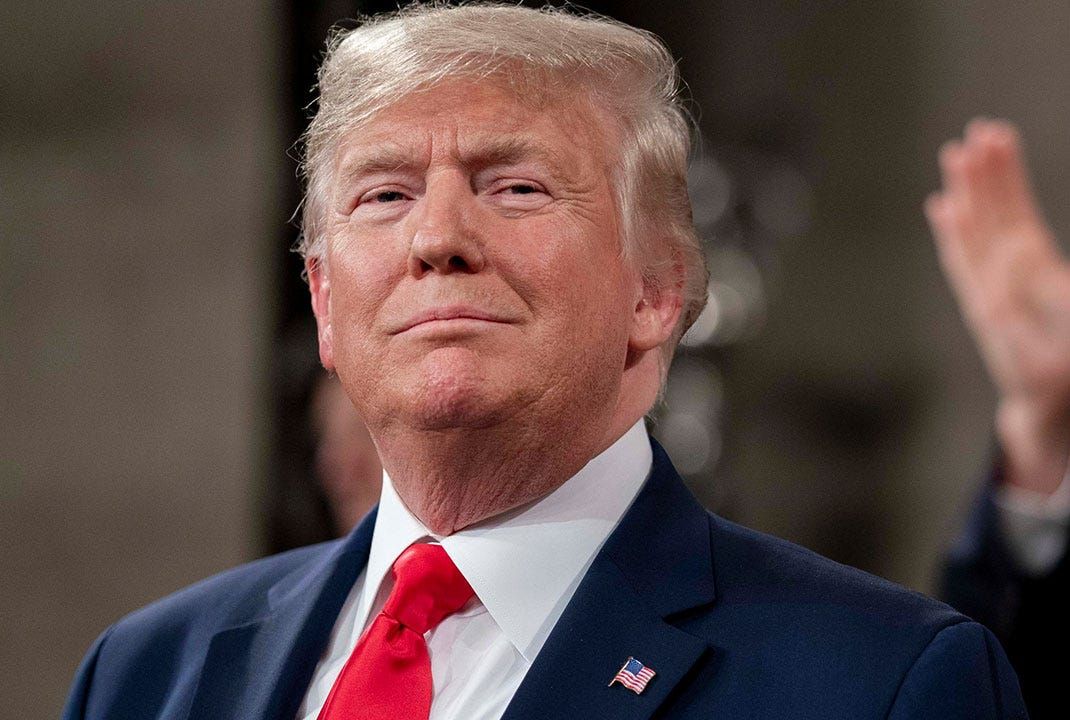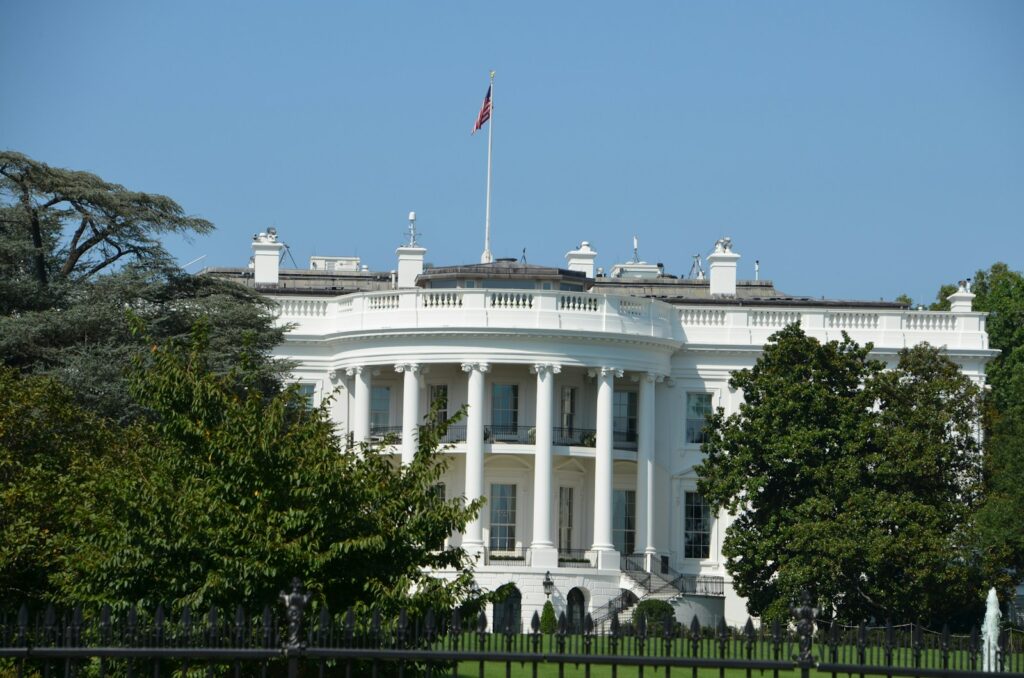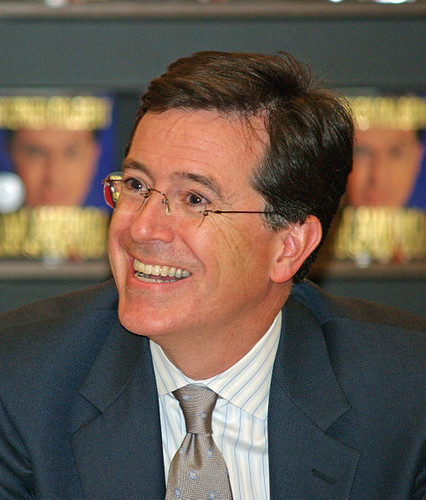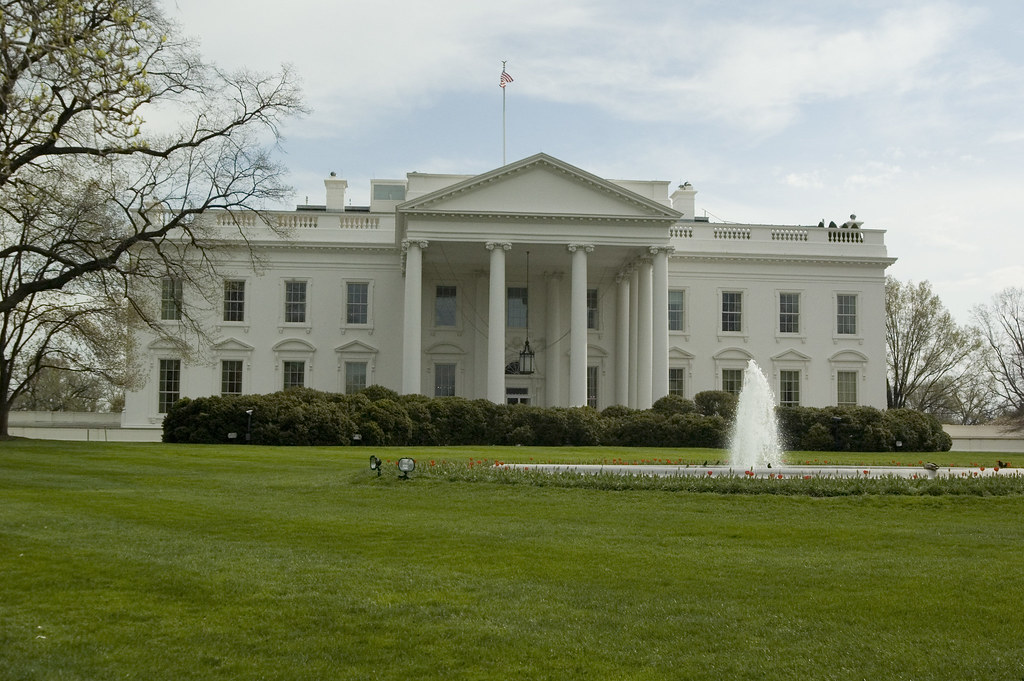
Conflicting Reports on a High-Level Dinner
A planned dinner involving senior Trump administration officials, reportedly intended to craft a strategy on managing the fallout from the Jeffrey Epstein scandal, was reportedly altered or moved under growing media attention. Initial reports placed the meeting at the official vice-presidential residence, sparking immediate denials from both Vice President J.D. Vance and former President Donald J. Trump.
Vice President Vance was cited as the host of a strategy session on Wednesday night, with CNN reporting a guest list including White House chief of staff Susie Wiles, Attorney General Pam Bondi, Deputy Attorney General Todd Blanche, and FBI Director Kash Patel. Questions quickly emerged over whether such a gathering might blur the lines between politics and an ongoing federal investigation.

Public Denials from Trump and Vance
Appearing alongside President Trump, Vice President Vance rejected the reports, declaring, “It’s completely fake news.” He added, “We’re not meeting to talk about the Epstein situation, and I think the reporter who reported it needs to get better sources.”
President Trump reinforced this dismissal, labeling the matter a “hoax” promoted by Democrats. He argued that the story was designed to distract from what he called the “most successful six months in the history of our country.” Vance’s communications director, William Martin, also told The Daily Beast that “The CNN story is pure fiction.”

Behind-the-Scenes Discussions
Despite these denials, sources close to the administration suggested a more complex reality. According to confidential accounts, the dinner was “scrapped and moved off the books” in response to the growing spotlight. Instead, private conversations reportedly took place inside the White House, reflecting the administration’s need to manage the narrative without drawing further attention.
The Epstein scandal continues to resonate heavily in the political arena. Jeffrey Epstein died in 2019 while awaiting trial on federal charges, and his former associate Ghislaine Maxwell was convicted in 2022 and sentenced to 20 years in prison. The transfer of Maxwell to a minimum-security federal prison camp in Texas last week raised new questions, particularly following reports of a meeting between her and Deputy Attorney General Todd Blanche.

Media Reaction and Victim Advocacy
The controversy has drawn sharp commentary from public figures. On “The Late Show,” comedian Stephen Colbert criticized reliance on Maxwell’s statements, remarking that it was unreasonable to cite testimony from someone convicted of trafficking underage girls.
Meanwhile, attorney Gloria Allred, representing several survivors, has urged Congress to issue subpoenas to current and former Trump officials including Alex Acosta, Pam Bondi, and Todd Blanche. She warned that attempts were underway to narrow the scope of the investigation and shape public perception.
Families of victims have also voiced their concerns. The siblings of Virginia Giuffre, one of the most prominent survivors, criticized reports of the dinner, stressing that “Missing from this group is, of course, any survivor.” They reiterated their position that Maxwell “should have remained in a maximum security prison.”

Confusion Over Files and Public Messaging
The administration has faced scrutiny for what critics see as conflicting statements. Earlier this year, Attorney General Bondi claimed on Fox News that an Epstein “client list” was “sitting on my desk right now.” The White House later clarified that she was referring to case files more broadly, not a specific list.
Adding to the controversy, the Department of Justice released an unsigned memo on July 7 stating that no further Epstein-related materials would be made public. This decision fueled backlash, particularly among Trump supporters who have long demanded full disclosure of all documents.

Internal Tensions and Strategic Plans
Reports also suggest internal divisions within the Trump team. Dan Bongino has reportedly resisted efforts to downplay Epstein-related information, creating tension with other officials such as Pam Bondi. Sources described Bongino as “defiant” after reviewing files and transcripts.
According to accounts, senior officials have been drafting a communications strategy to steer public perception. This effort allegedly involves framing the controversy as part of a broader conspiracy, with plans to amplify this narrative through congressional allies. Critics argue that this reflects a familiar pattern of deflecting attention by questioning sources and reframing inconvenient facts.

Political Implications Ahead of the Election
The political consequences of the scandal remain significant. Reports indicate that the media scrutiny around the canceled dinner left President Trump “furious,” highlighting the difficulty of managing a controversy that continues to generate new revelations.
At the same time, polling suggests Trump maintains strong momentum heading into the 2024 election. A CNN poll of polls gives him a 68.4 percent chance of victory compared to Kamala Harris’s 30.9 percent. Analysts note that small shifts in swing states could prove decisive, recalling that Trump needed only 46,000 additional votes in 2020 to secure reelection.
Vice President Harris faces challenges of her own, including weak support among union voters and underperformance in key demographics. While her campaign has gained some media backing, polling indicates that she has yet to establish a decisive lead against Trump in battleground states.

As Election Day approaches, the intersection of political strategy and the unresolved questions around Epstein continues to shape the national conversation. Victims’ advocates insist that transparency and accountability must prevail over partisan maneuvering.
The outcome of these competing pressures will determine whether the public sees the full extent of Epstein’s network or whether political considerations continue to shape the release of information. For survivors and their families, the demand remains clear: their voices must be heard, and the truth must be revealed without obstruction.



